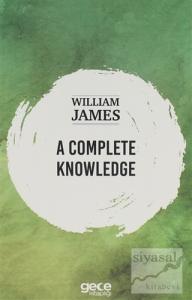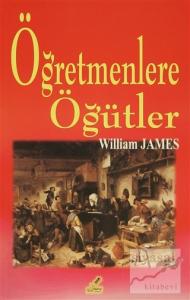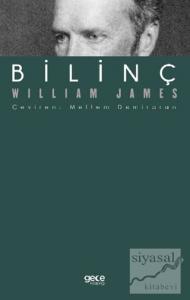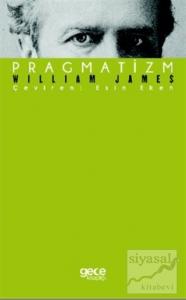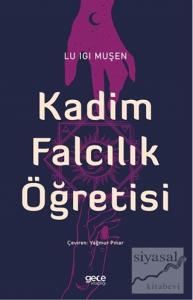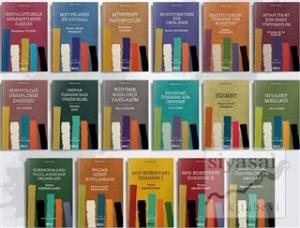
The entering wedge for this more concrete way of understanding the dualism was fashioned by Locke when he made the word 'idea' stand indifferently for thing and thought, and by Berkeley when he said that what common sense means by realities is exactly what the philosopher means by ideas. Neither Locke nor Berkeley thought his truth out into perfect clearness, but it seems to me that the conception I am defending does little more than consistently carry out the 'pragmatic' method which they were the first to use.
The entering wedge for this more concrete way of understanding the dualism was fashioned by Locke when he made the word 'idea' stand indifferently for thing and thought, and by Berkeley when he said that what common sense means by realities is exactly what the philosopher means by ideas. Neither Locke nor Berkeley thought his truth out into perfect clearness, but it seems to me that the conception I am defending does little more than consistently carry out the 'pragmatic' method which they were the first to use.
-
%20İNDİRİM445,00 356,00
-
-
-
%35İNDİRİM575,00 373,75
-
-
-
-
-
-
%30İNDİRİM165,00 115,50
-
%20İNDİRİM445,00 356,00
-
-
-
%35İNDİRİM575,00 373,75
-
-
-
-
-
-
%30İNDİRİM165,00 115,50
-
%20İNDİRİM445,00 356,00
-
-
-
%35İNDİRİM575,00 373,75
-
-
-
-
%22İNDİRİM492,00 383,76
-
-
-
-
-
%10İNDİRİM60,00 54,00
-
-
-
%22İNDİRİM492,00 383,76
-
-
-
-
-
%10İNDİRİM60,00 54,00
-
-
-
%22İNDİRİM492,00 383,76
-
-











